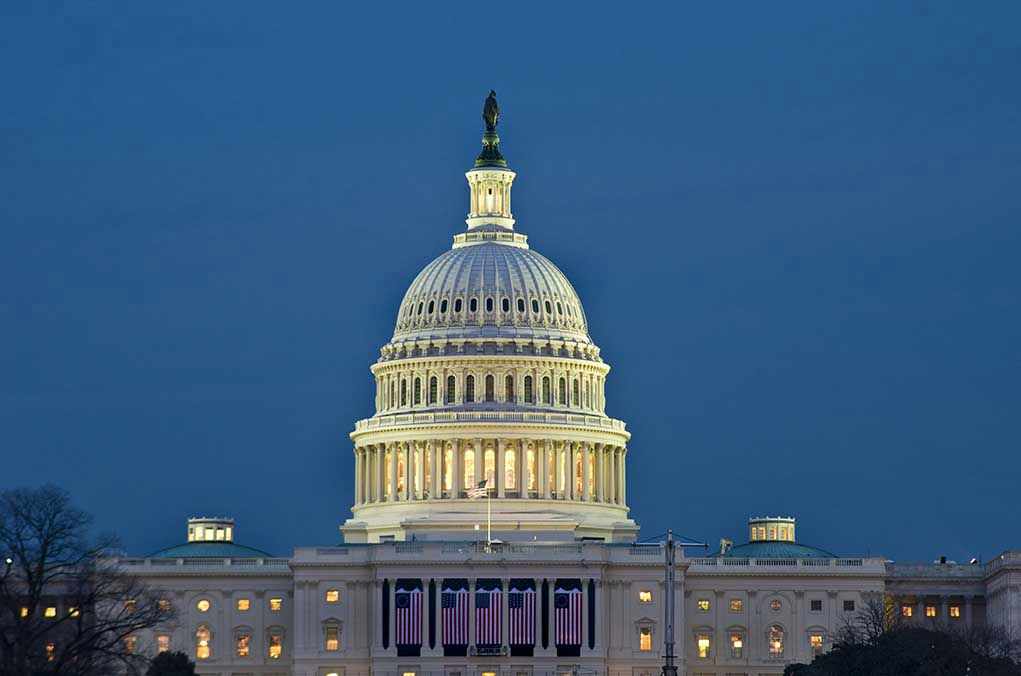
The House Oversight Committee’s abrupt withdrawal of its subpoena for Robert Mueller leaves critical questions about government accountability in the Epstein investigation unanswered, frustrating Americans who demand transparency from institutions long accused of cover-ups and double standards.
Story Snapshot
- House Oversight Committee canceled Mueller’s subpoena after his family disclosed his Parkinson’s diagnosis, ending hopes for his direct testimony.
- Mueller, former FBI Director during key years of the Epstein investigation, was a sought-after witness in Congress’s ongoing probe into government failures.
- Congress’s challenge to secure testimony from aging or infirm officials highlights growing obstacles to full public oversight.
- The withdrawal underscores the tension between accountability for elites and the human realities faced by former government leaders.
Mueller’s Health Halts Testimony in High-Stakes Epstein Probe
On September 1, 2025, the House Oversight Committee officially withdrew its subpoena compelling former FBI Director Robert Mueller to testify about the FBI’s handling of the Jeffrey Epstein case. This decision came after Mueller’s family revealed his diagnosis of Parkinson’s disease, which makes him unable to appear before Congress. The timing is significant: Mueller was scheduled to testify on September 2, and his absence now leaves a gap in the ongoing investigation into alleged institutional failures. The committee, led by Chairman James Comer, faces the difficult task of balancing the public’s right to know against genuine humanitarian concerns for ailing witnesses.
The Epstein investigation has drawn intense scrutiny from across the political spectrum, particularly among those who believe powerful figures have evaded justice due to incompetence or deliberate neglect by federal agencies. Mueller, who led the FBI from 2001 to 2013, was responsible for overseeing the bureau during the years when Epstein’s alleged crimes were first investigated. Congressional leaders viewed his testimony as essential for understanding possible missteps and for holding government officials accountable. The committee’s decision to withdraw the subpoena based solely on health, rather than legal or procedural grounds, is unusual in high-profile cases and raises questions about precedent and future oversight efforts.
Oversight vs. Humanitarian Concerns: Balancing Accountability with Compassion
While the committee’s mandate is to investigate potential government misconduct in the Epstein case, this episode highlights a broader dilemma: how to ensure effective oversight when key witnesses are elderly or severely ill. Previous congressional hearings have sometimes seen witnesses excused for health reasons, but such withdrawals are rare for figures as high-profile as Mueller. His family’s public disclosure of his condition—he retired from law in 2021 and teaching in 2022—underscores the real human toll that public service can take. However, the absence of Mueller’s firsthand account may limit Congress’s ability to fully reconstruct the FBI’s actions and address persistent distrust among the public regarding accountability for the politically connected.
Other witnesses, including former Attorney General Bill Barr, have already testified before the committee. Still, the inability to question Mueller directly leaves a critical gap, especially given his unique position and knowledge. Some legal experts suggest that written testimony or depositions could be considered in such circumstances, though these alternatives often lack the impact and transparency of live testimony. The committee spokesperson acknowledged these challenges, stating Mueller’s health “precludes him from being able to testify,” while reiterating that the investigation will continue with other available witnesses.
Long-Term Implications for Congressional Investigations and Public Trust
The loss of Mueller’s live testimony in the Epstein case sets a precedent for how Congress navigates its oversight powers when faced with health-related withdrawals. In the near term, this development may embolden critics who allege that government insiders are shielded from scrutiny by circumstance rather than merit. For the public, especially those who have long distrusted the FBI and other federal agencies over their handling of politically sensitive cases, this outcome feels like another missed opportunity for transparency. The committee’s challenge moving forward will be to reassure Americans that efforts to uncover the truth are not derailed by obstacles, while respecting legitimate medical needs of witnesses.
House committee withdraws subpoena for Robert Mueller, cites health concerns from family https://t.co/R4TUSXrpvr pic.twitter.com/r4onVcqO08
— TheBlaze (@theblaze) September 3, 2025
Political analysts note that the absence of direct testimony from central figures like Mueller can be spun by both supporters and opponents of the FBI, further fueling partisan debate. Some see the withdrawal as a compassionate act; others worry it erodes faith in institutional accountability. Ultimately, the event underscores the tension between ensuring full oversight of the elites and accommodating the human realities faced by former government leaders. Congress must now consider alternative methods to gather evidence and deliver answers the public—and especially those who value constitutional government and the rule of law—demand.
Sources:
House Oversight Committee Withdraws Subpoena for Robert Mueller, Citing Health Concerns – ABC News
Robert Mueller subpoena withdrawn in Epstein investigation – CBS News












